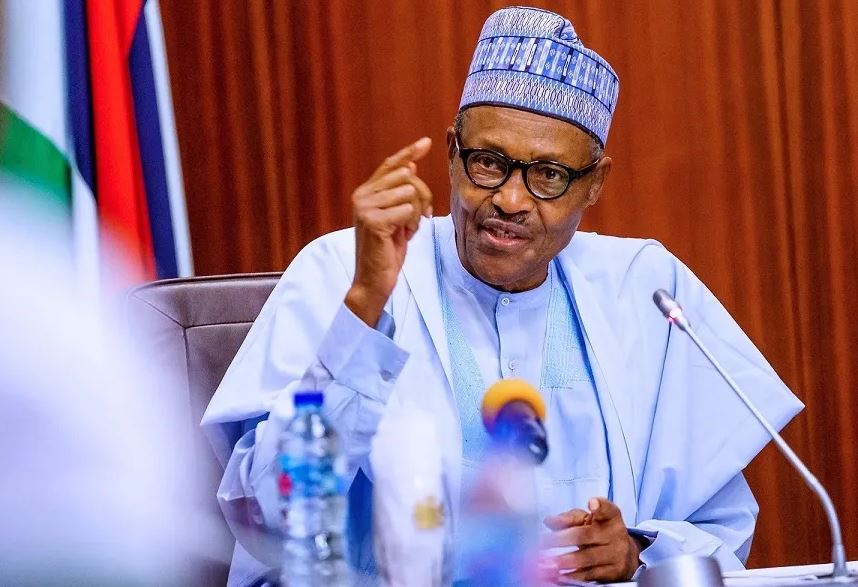A Non-Governmental Organisation (NGO), the Civil Society Coalition on Sustainable Development (CSCSD) on Friday called for an urgent legislation by the National Assembly in favour of the creation of State Police.
The organisation said in a statement issued on Friday that creation of state police would enable governors take effective control of security challenges in their states, while community policing takes root in each local government area.
The statement was signed by Prof. Olubunmi Ashimolowo, Chair, CSCSD Technical Working Group; Rev Peter Ishaya Kuzaswat, Secretary; and D. Tola Winjobi (PhD), National Coordinator.
It called on governments at all levels to collaborate with security agencies, community leaders and school administrators in securing schools across the nation.
The NGO described the recent spate of kidnapping across the nation and its adverse effects on the school system as worrisome.
It said that as a consequence of the recent school kidnappings, community and parental trust in the education system could shrink significantly.
The coalition said that the problem of access to quality and equitable education according to Goal 4 of the SDGs would be a mirage.
It called for urgent proactive action to curb the trend of kidnapping that was jeopardising the future of youths.
“The attacks on schools have become very worrisome and constitute a threat to the education system and to the future of the country, and particularly the North which is already trailing from behind in education.
“Of the estimated 13 million out-of-school children, 69 per cent come from the North where most of the kidnappings occur.
“In Kaduna State where school kidnapping is prevalent, government must work round the clock to arrest the situation before it overwhelms the citizenry.
“Schools everywhere in this nation must be safe and conducive for learning.’’
“There should be the implementation of the Safe School Initiative as was launched after the kidnap of Chibok’s girls that will ensure that schools located in relatively high risk areas are transferred to safer schools location instead of outright closure of such schools as has been done by the Kaduna State Government where 13 schools were closed down in one day.’’
The NGO urged governments to beef up security around schools, particularly, those in high-risk areas.
It advised governments to do so with such security gadgets that could relay early warning signs of possible intruders.
The NGO called for a robust institutional arrangement of local hunters, local vigilantes, and all security agencies to collaborate to provide security around schools to prevent kidnapping.
“There should be early warning mechanism and response framework serving as a guide for security agencies on the effective handling of kidnapping.
“There should be public awareness campaign to inform citizens about available services like reporting hotlines with intelligence gathering.
“There should be knowledge gap capacity building for security forces and local security outfits aimed at addressing the dominant forms of kidnapping peculiar to each state of the federation,’’ it said.
The NGO advised government to deploy modern security apparatus and technological advancement to track down perpetrators of this evil trend.
It urged GSM operators to cooperate with government in communication tracking systems.
The coalition said that government at all levels should implement youth-friendly policies for youth engagement and empowerment in order to take them out of criminal tendencies.
It noted that lately, the school system had been so interrupted with the advent of COVID-19 when schools had to close down nationwide.
It added that even when the schools reopened elsewhere in the country, those in the Northwest region could not because of insecurity challenges and increasing kidnap cases.
“Nigeria is gradually failing in the attainment of the SDGs.
“Goal 4 of the SDGs addresses the issue of quality education, but the activities of the kidnappers and bandits indeed not only threaten education (let alone quality education) but also strengthen the rate of out-of-school children,’’ the NGO said











